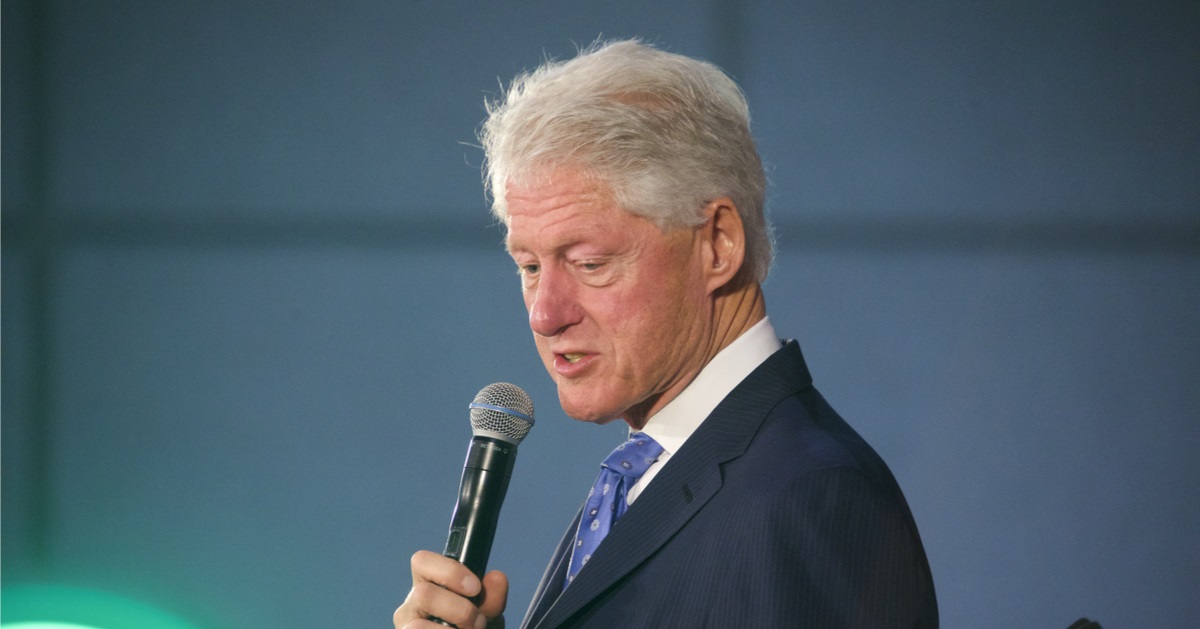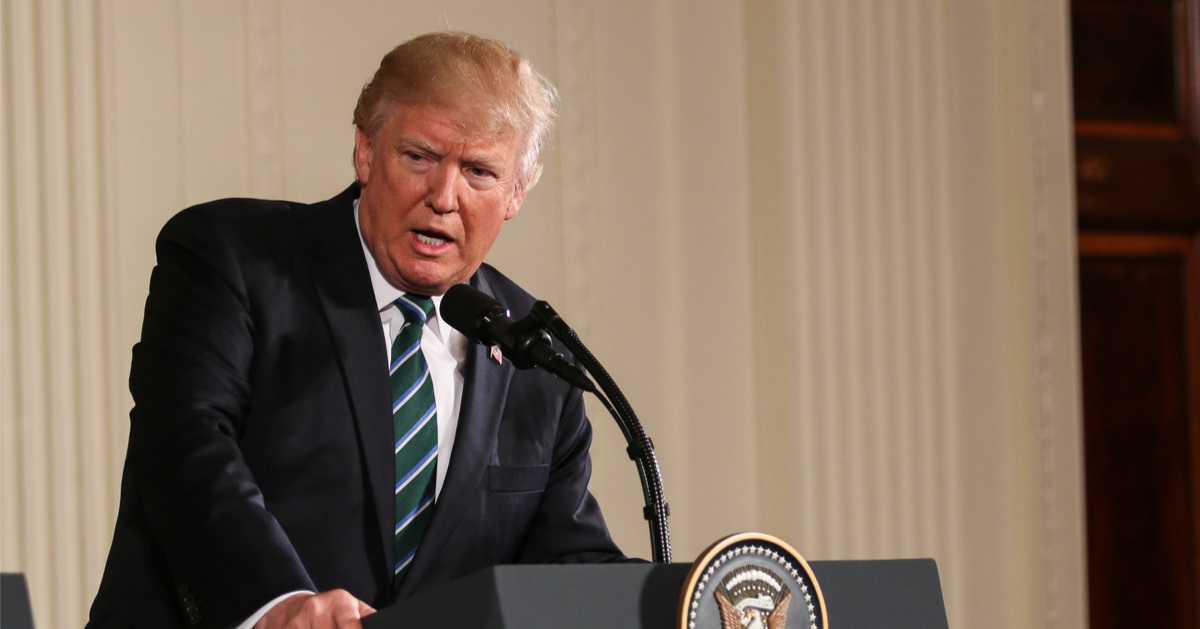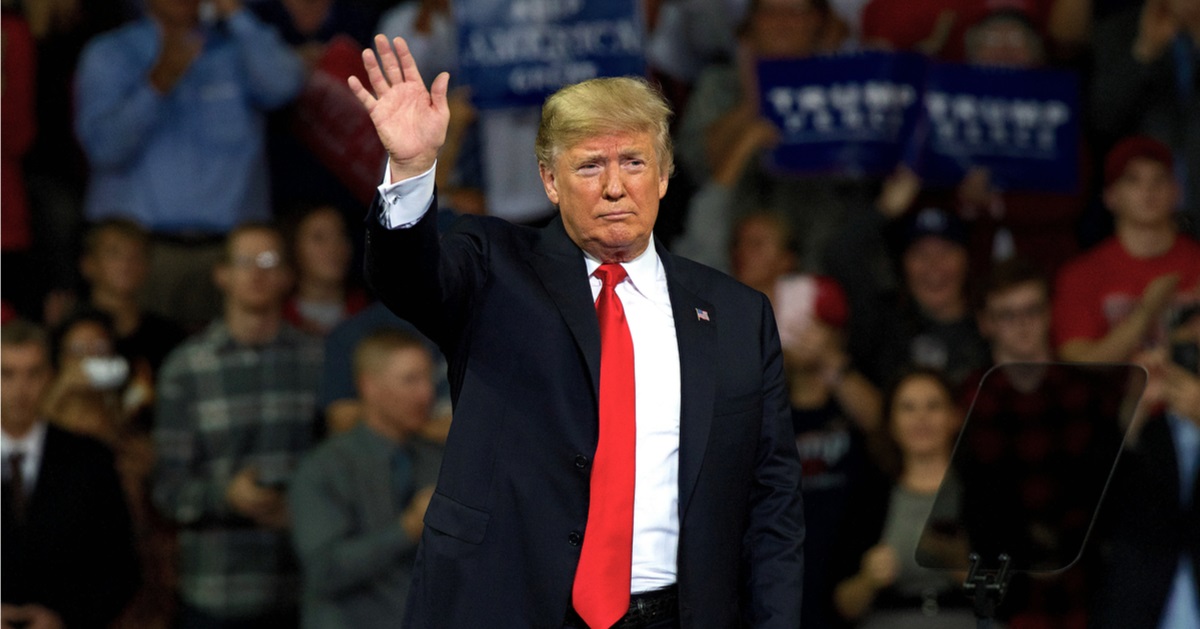SCOTUS: Courts must consider 'totality of the circumstances' in police use-of-force cases
Incidents in which police officers use excessive or deadly force against a suspect can sometimes prove difficult for courts to determine whether that force was justified or not, and such determinations can vary widely depending upon the circumstances that led up to the instant such force was used.
On Thursday, the U.S. Supreme Court ruled unanimously that courts must review the "totality of the circumstances" in a use-of-force incident rather than focus solely on the "moment-of-threat" that immediately preceded the use of force, as the Washington Examiner reported.
That unanimous ruling overrides a Fifth Circuit Court of Appeals decision that mandated lower courts to only consider the moment force was employed and to ignore the circumstances leading up to it, and, at least in theory, should provide for more accountability for the actions and decisions of both officers and suspects in such situations.
Key question reaches high court
In the case of Barnes v. Felix, at issue was how a district court and a Fifth Circuit panel handled a deadly 2016 traffic stop in Texas in which an officer, Roberto Felix Jr., shot and killed a driver, Ashtian Barnes, after Barnes ignored an order to exit the vehicle and instead attempted to drive away from the scene.
That confrontation involved, in just a few seconds, Felix mounting the lower sill of the vehicle's open door and firing blindly at Barnes as the suspect drove with the officer clinging to the car. Barnes was killed, and his mother later filed a lawsuit against Felix.
Based on prior Fifth Circuit precedent that established the "moment-of-threat rule," both the district court and the appellate panel ruled that Felix's use of deadly force was justified because of the instant threat of physical harm he faced when Barnes attempted to flee the scene, but no consideration was given to the circumstances of the confrontation that led up to that moment.
"Moment-of-threat" vs. "totality of the circumstances"
The Supreme Court thought otherwise, however, and in a unanimous decision authored by Justice Elena Kagan, the lower court's decision was vacated and remanded for further consideration under what will likely be dubbed the "totality of the circumstances" doctrine.
"Today, we reject that approach as improperly narrowing the requisite Fourth Amendment analysis," Kagan wrote of the "moment-of-threat rule." "To assess whether an officer acted reasonably in using force, a court must consider all the relevant circumstances, including facts and events leading up to the climactic moment."
"Most notable here, the 'totality of the circumstances' inquiry into a use of force has no time limit," the justice explained. "Of course, the situation at the precise time of the shooting will often be what matters most; it is, after all, the officer’s choice in that moment that is under review. But earlier facts and circumstances may bear on how a reasonable officer would have understood and responded to later ones."
In the end, Kagan concluded, "[W]e return everything else to the courts below. It is for them now to consider the reasonableness of the shooting, using the lengthier timeframe we have prescribed. Accordingly, we vacate the judgment of the Court of Appeals and remand the case for further proceedings consistent with this opinion."
While that decision was unanimous, a concurring opinion authored by Justice Brett Kavanaugh -- and joined by Justices Clarence Thomas, Samuel Alito, and Amy Coney Barrett -- took note of the elevated risks of danger and split-second decision-making that even seemingly routine traffic stops can pose to police officers, and strongly suggested, "In analyzing the reasonableness of an officer’s conduct at a traffic stop, particularly traffic stops where the driver has suddenly pulled away, courts must appreciate the extraordinary dangers and risks facing police officers and the community at large."
Accountability for both sides emphasized
It seems likely that advocates on both sides of the issue will find elements of this unanimous decision to be both pleased and displeased about, as both sides typically want accountability for one but not the other.
Indeed, the left-leaning Constitutional Accountability Center heralded the ruling as "a small but important step toward greater accountability for police officers who violate the Fourth Amendment by inflicting unnecessary violence during their encounters with the public."
On the flip side, the ruling also forces the courts to consider a suspect's actions before force was utilized that may prove the use of force was justified and clear the officer of any wrongdoing in the matter.





